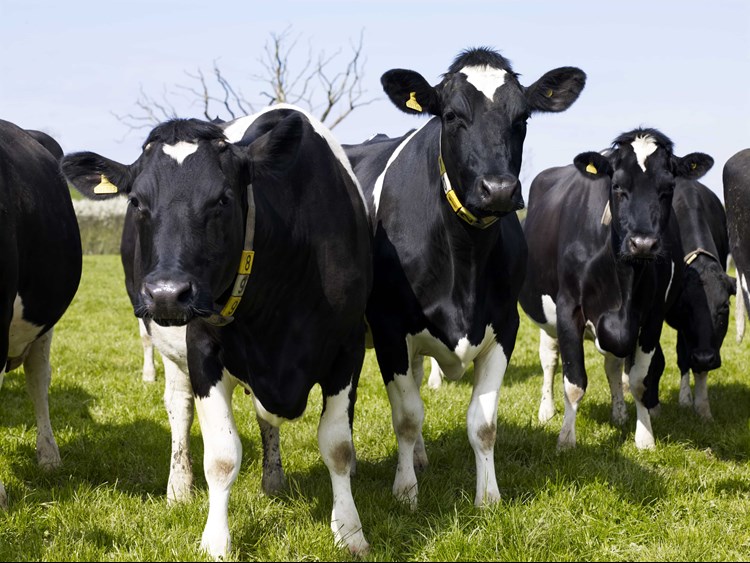Report says food production must change
On Thursday (8 August), the Intergovernmental Panel on Climate Change (IPCC) will publish its first report to focus on land-use, climate change and food security.
The wide-ranging report finds that the intensification of farming has fuelled a decline in the condition of the world’s land, deforestation and biodiversity loss. The report calls on governments to urgently prioritise green farming practices and implement systems like agroforestry.
Report Summary:
Healthy soil can reduce the impact of climate change
Good soil management captures carbon from the atmosphere and helps to reduce the impact of flooding and droughts
We all need to change our diets, including eating ‘less and better’ meat
The report says there is still a need for grass-eating livestock to contribute to sustainable land management
We shouldn’t rely too heavily on bioenergy
Relying too heavily on bioenergy – energy from crops - could create damaging competition for land between energy and food production, which could have a knock-on effect that makes food security a greater risk
Climate change is expected to lower crop yields and raise food prices
This will expose millions of people to insufficient water supply, drought and hunger
The government needs to support farmers
The UK Government must therefore invest in ways of using the land that support us to both adapt to climate change and mitigate its impact, nurturing carbon-rich and healthy soils
Download the full IPCC report from 8 August
Rob Percival, Soil Association Head of Food and Health policy, said:
“The intensification of farming has fueled soil degradation, deforestation and biodiversity loss – further intensification is not a solution to the challenges we face. To effectively tackle the climate crisis, we urgently need to move to farming systems that improve soil health and protect wildlife. Soil is critically important - humanity depends on it and it’s right that the IPCC recognises this along with calls to prioritise farming practices that actually improve our environment, such as agroforestry and mixed farming using extensive grass-based systems.
“We also need to radically change our diets, shifting to grass-fed livestock and plant proteins, away from unsustainable grain-fed meat. It is possible to respond to the climate and biodiversity crises while protecting food security, but this will require that we face up to the need to eat and farm differently. A business-as-usual approach won’t cut it.”
Recommendations for the government:
- Legislation on climate, biodiversity, soil health and diets need to be connected. In the UK, this means ensuring the developing Agriculture and Environment Bills work together, and an updated Climate Change Act that reflects the scientific consensus on a net-zero UK economy by 2050.
- We need to deliver a 10-year agroecology transition plan that supports ‘whole-farm’ systems, like organic and agroforestry. These should be clearly supported in legislation and the developing Environmental Land Management scheme should have a target for organic expansion.
- Opportunities in public procurement, such as the current update of the School Food Standards, should be used to support healthier and more sustainable diets by introducing incentives to re-focus diets on less and better meat, shifting towards grass-fed livestock and plant proteins and away from grain-fed meat.
Help us save the earth from the ground up
52% of the world's soil is degraded. Help save it today by giving a regular donation to support our work.


